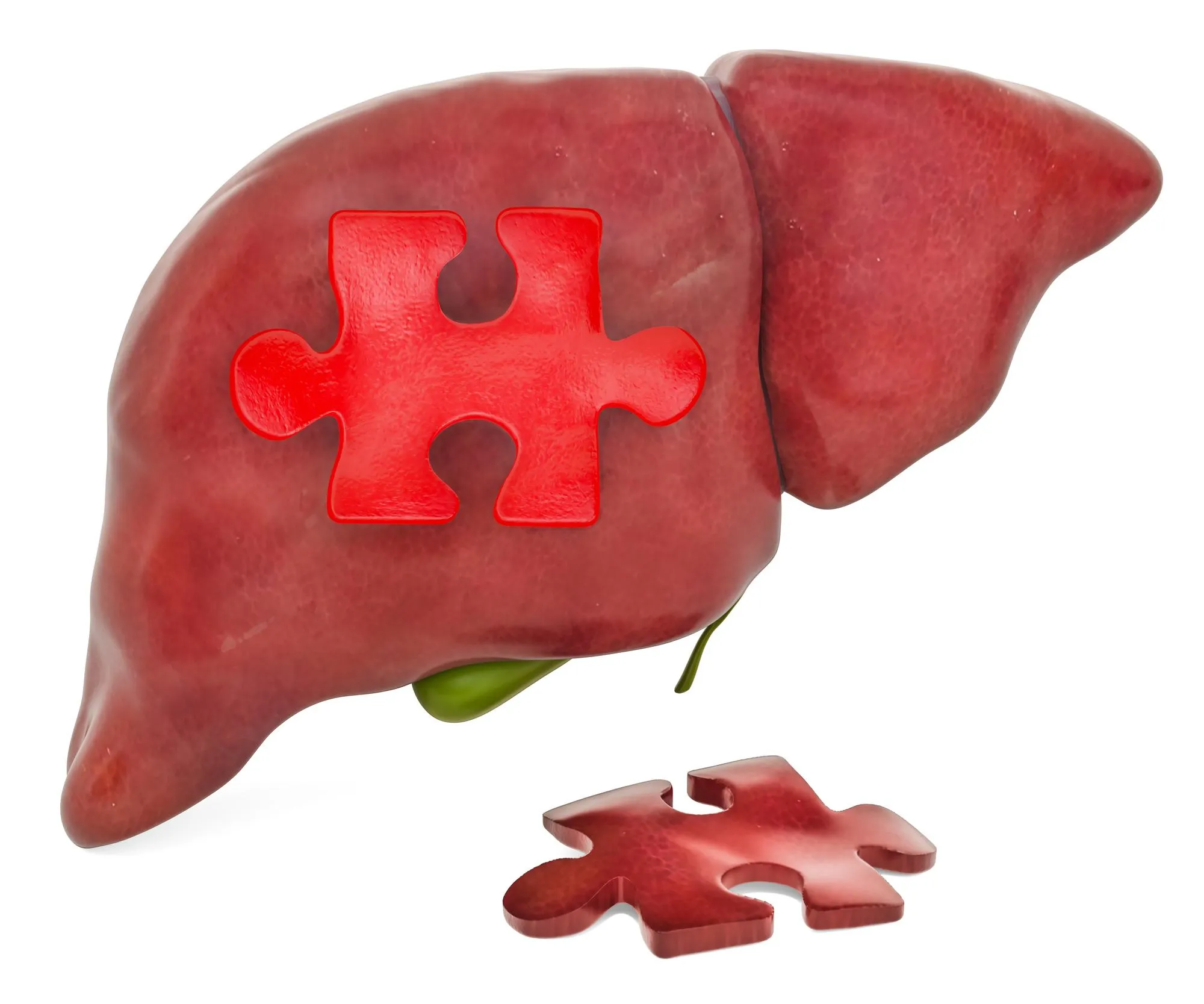Pancreatic cancer, known for its lethality and stealthy progression, continues to be one of the leading causes of cancer-related mortality worldwide. With the lack of early detection methods and specific symptoms, along with a notorious reputation for resistance to conventional therapies, pancreatic cancer remains a formidable challenge in the medical field. Recent scientific endeavors, however, are shedding light on a relatively new frontier that could hold the key to unlocking novel diagnostic, prognostic, and therapeutic strategies – the human microbiota. This comprehensive news article delves into groundbreaking research focused on the complex interactions between microbiota and pancreatic cancer, discussing body site-dependent variations in microbial populations and their influence on the pathophysiology of the disease.
The Human Microbiota: A Microcosm of Health and Disease
Our bodies are home to trillions of microorganisms that inhabit various tissues and organs, forming an intricate ecosystem that has co-evolved with humans. The human microbiota consists of bacteria, viruses, fungi, and other microscopic life forms that play a pivotal role in maintaining homeostasis and health. Advances in genomic and computational technologies have revealed that these microbial communities are not mere passengers in our bodies, but active participants in metabolic processes, immune system modulation, and even the development or inhibition of diseases, including cancer. Disturbances in the composition and function of these microbial communities, a condition known as dysbiosis, have been linked to various illnesses, including cancer.
Pancreatic Cancer and the Microbiome: A Reciprocal Relationship
In the context of pancreatic cancer, researchers are beginning to uncover that the relationship between the disease and the microbiota is multifaceted and geographically nuanced. A study published in the ‘Critical Reviews in Clinical Laboratory Sciences’ (DOI: 10.1080/10408363.2019.1615407) by scientists Concetta Panebianco and Valerio Pazienza, both from the Division of Gastroenterology at the Fondazione IRCCS Casa Sollievo della Sofferenza in Italy, discussed how various body sites’ microbiota might influence the development and progression of pancreatic cancer. The researchers scrutinized current literature, reporting distinct alterations in microbial communities in different anatomic districts in both human patients and animal models.
Body Site-Dependent Variations and Disease Progression
The complexity of the microbiome-pancreatic cancer connection is evident in the variations observed in microbial populations at different body sites. For instance, the gastric microbiota has come under scrutiny, with particular attention to the potential oncogenic role of Helicobacter pylori infection. Other regions with associated microbial shifts included the oral cavity, intestines, and even the pancreas itself, which was traditionally thought to be sterile. These microbial alterations can influence systemic immune responses or directly affect pancreatic tumor biology through various mechanisms, from the activation of carcinogenic pathways to the modification of the tumor microenvironment.
From Bench to Bedside: Clinical Implications
The insights gained from studying the microbiota hold immense translational potential. Characterizing the specific microbial dysbiosis profiles associated with pancreatic cancer could lead to the development of novel biomarkers, enabling early diagnosis and better prognostication. Furthermore, modulation of the microbiota via diet, prebiotics, probiotics, or antibiotics represents a promising therapeutic avenue. The gut microbiome’s role in mediating the efficacy and toxicity of chemotherapeutic drugs also presents opportunities for more personalized treatment strategies, potentially improving outcomes for pancreatic cancer patients.
Moving Forward: Challenges and Future Directions
Despite the progress, there remain numerous challenges in transforming microbiota research into clinical applications. The complexity of microbial communities, inter-individual variability, and the influence of environmental factors like diet and medications create a research landscape that is as promising as it is challenging. Future directions include longitudinal, large-scale studies to delineate causative relationships between specific microbes and pancreatic cancer, as well as clinical trials to assess microbiome-targeted interventions.
Conclusion
Body site-dependent variations in the microbiota may prove to be a pivotal aspect of pancreatic cancer pathophysiology. Research in this field not only enhances our understanding of the disease’s mechanisms but also opens up a trove of potential clinical applications in diagnosis, prognosis, and treatment. As we embark on further studies and clinical explorations, the intricate links between our microbial inhabitants and pancreatic cancer may soon yield transformative results in battling this devastating disease.
References
1. Panebianco, C., & Pazienza, V. (2019). Body site-dependent variations of microbiota in pancreatic cancer pathophysiology. Critical Reviews in Clinical Laboratory Sciences, 56(4), 260–273. https://doi.org/10.1080/10408363.2019.1615407
2. Thomas, R. M., & Jobin, C. (2020). The Microbiome and Cancer: Is the ‘Oncobiome’ Mirage Real? Trends in Cancer, 6(10), 753-762. https://doi.org/10.1016/j.trecan.2020.04.004
3. Nejman, D., Livyatan, I., & Fuks, G. (2020). The human tumor microbiome is composed of tumor type-specific intracellular bacteria. Science, 368(6494), 973-980. https://doi.org/10.1126/science.aay9189
4. Pushalkar, S., Hundeyin, M., & Daley, D. (2018). The Pancreatic Cancer Microbiome Promotes Oncogenesis by Induction of Innate and Adaptive Immune Suppression. Cancer Discovery, 8(4), 403-416. https://doi.org/10.1158/2159-8290.CD-17-1134
5. Geller, L. T., Barzily-Rokni, M., & Danino, T. (2017). Potential role of intratumor bacteria in mediating tumor resistance to the chemotherapeutic drug gemcitabine. Science, 357(6356), 1156-1160. https://doi.org/10.1126/science.aah5043
Keywords
1. Pancreatic Cancer Microbiome
2. Microbiota and Cancer Pathophysiology
3. Pancreatic Cancer Biomarkers
4. Dysbiosis and Pancreatic Oncogenesis
5. Microbiota-Targeted Therapies
